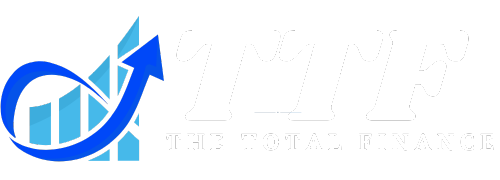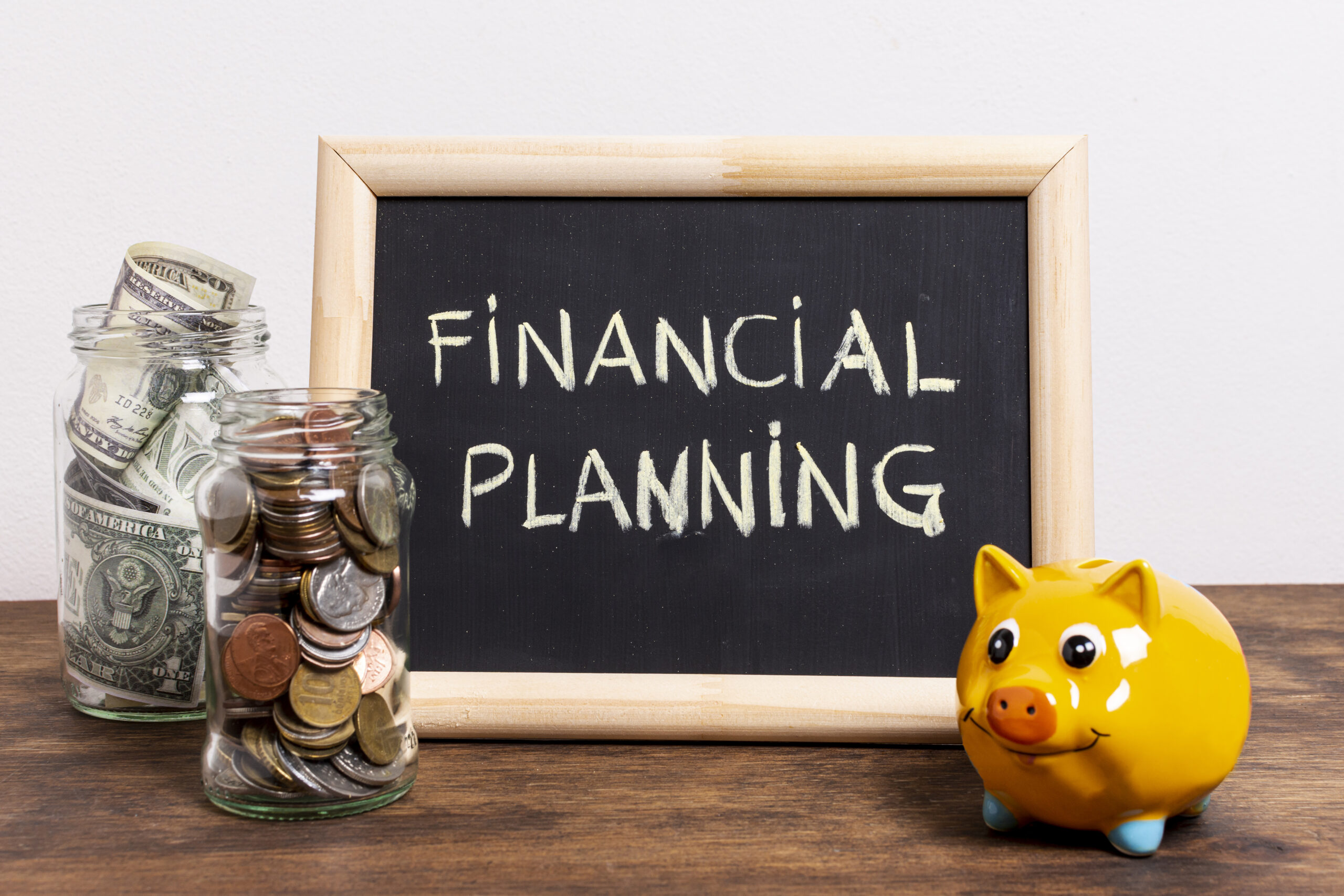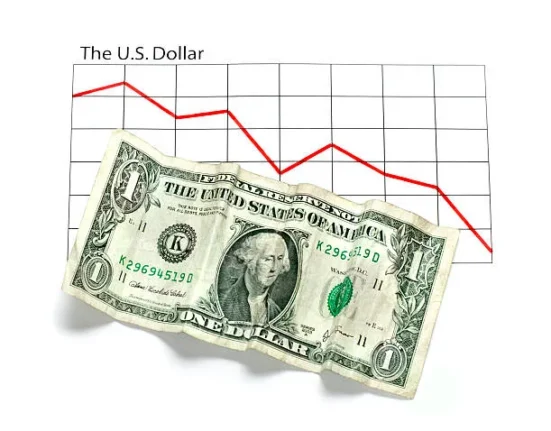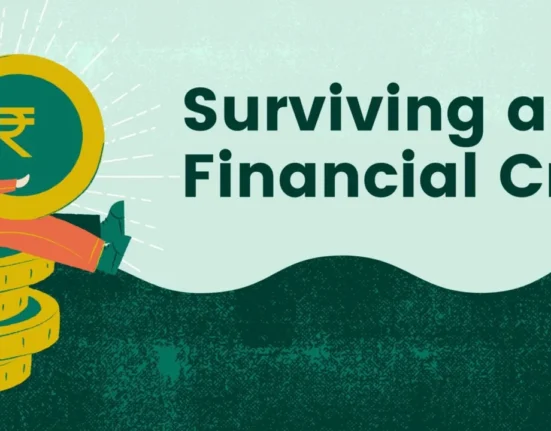Financial freedom is an aspiration that lots of people imagine; however, only a few take the correct steps to achieve it. It’s not just about being able to make money; it’s about being smart enough to keep it once you get it so you can live on your terms without constantly stressing about bills. The secret to financial freedom, however, just boils down to proper planning, disciplined saving, and intelligent investment.
If you are intent on serving your financial well-being, you require a good plan. Without a plan, money pours in and out, and still, you get nowhere – stuck in a never-ending circle. The good news? Follow these financial planning tips, and you’ll have your financial future under control as well as a stress-free one.
Smart Financial Planning – The Key to Long-Term Stability
1. Set Clear Financial Goals
The first road to financial freedom is to have clearly defined, realistic goals. If there are no set goals, it’s difficult to keep an eye on the money trail. Begin by setting out your short-term goals, like establishing a reserve fund or clearing off debt, before going on to target your longer-range objectives, such as purchasing a home or enjoying a peaceful retirement. The clearer your goals are the less complicated you will find it to make smart financial decisions.
2. Create a Realistic Budget
One of the best ways to budget money is to make a schedule aligned with your income and expenses. Having a budget that is well-thought-through enables you to keep track of your spending, get rid of unnecessary costs, and divert money, which you can then save or invest. If you have a hard time not overspending, try using the 50/30/20 rule: 50% on must-haves, 30% on personal stuff, and 20% on savings or debt. The following budgeting tips to save money can save you from financial stress and establish a stable financial base.
3. Build an Emergency Fund
You know how life is, very unpredictable, and unplanned expenses come to hit your finances. That’s why it’s important to build an emergency fund. Financial experts advise having at least three to six months of expenses covered. Having this cushion ensures you will not have to turn to credit card loans in the case of an emergency and will keep you on track towards financial freedom.
4. Pay Down High-Interest Debt
Debt is one of the biggest barriers to financial freedom, especially when interest rates are also high. Debt is acquired through credit cards, personal loans, and payday loans will take all your income if not handled right. The two primary ways to combat debt are with the snowball and avalanche approaches. The snowball method is to pay off smaller debts first for a quick win, while the avalanche method is to pay off debts with the highest interest rate first. Regardless of the method you use, paying off debt is an essential part of achieving financial freedom.
5. Invest Wisely
Saving is important, but what makes us wealthy is investing. So to achieve financial freedom, your money is going to have to work for you. Spreading your investments across stocks, bonds, mutual funds, and real estate can lessen the amount of risk while boosting returns. Not sure where to begin? Engage a financial advisor and use automated investment services. Investment done smartly guarantees that the money doubles over time, paving the way to financial freedom.
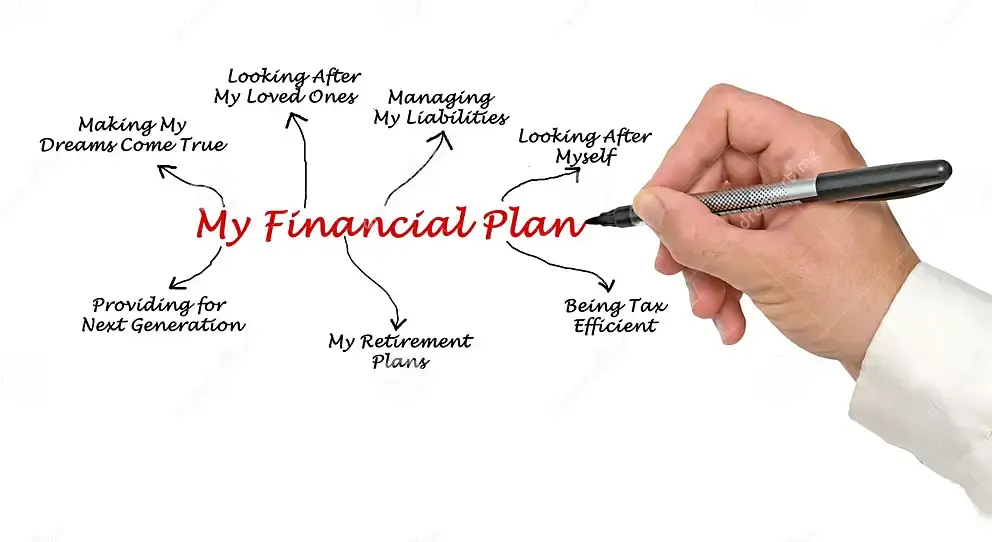
6. Plan for Retirement
It’s not too late to think about retirement. The sooner you start, the more time your money has to earn. Making the most of employer-sponsored plans like 401(k)s or IRAs can put you on the path to financial success. Just in case of compound interest, even modest contributions can save a great deal of money over time. By putting retirement savings first, you are committing yourself to long-term financial freedom.
7. Protect Your Assets with Insurance
Unforeseen events like accidents, illnesses, or natural disasters can easily deplete your savings. Having the right coverage has your assets protected, and you will not lose any money. Insurance of health care, insurance of life, insurance of realty—all this is insurable for financial protection. Without adequate protection, a single accident can drain your life savings and move you farther away from financial freedom.
8. Regularly Review and Adjust Your Financial Plan
Financial circumstances change, and so shall your plan. Regular budget checks, investment tracking, and monitoring financial goals keep you on target and ensure you make the necessary changes. If the income of your household increases, take into account saving more for savings. If expenses increase, reassess your spending. By staying flexible, you keep moving in the direction of your end goal of financial freedom.
9. Seek Professional Advice
Managing money is complicated, especially when it comes to debt, taxes, or investments. Consulting a financial advisor can save you money because it can give you personal advice. A professional can aid your personal financial plan development, grow your investment, and make sure that you are on the correct way to financial freedom. If you are finding it difficult to make financial decisions, guidance from an expert might be just what you need.
10. Continuously Educate Yourself
Financial literacy is the key to long-term success. Staying updated on everything personal finance, including investment advice and techniques for managing money, enables you to make smart money decisions. Reading books, subscribing to good financial blogs, and attending workshops can offer beneficial personal finance tips that improve your understanding. The more you know, the more prepared you will be for financial hardships and on the way to financial freedom.
Conclusion
Financial freedom does not depend on luck since it requires you to make strategic financial decisions through a well-planned approach. Set clear goals alongside budgeting wisely and strategic savings and smart investments to create a secure financial future for yourself. These financial planning tips function as real-life methods that adjust your financial health and guide you toward financial independence for life.
To achieve financial freedom, a person must execute minor, straightforward actions repeatedly. All your little financial improvements toward debt payment and future savings and personal finance knowledge transfer you to a stress-free monetary life. Today’s commitment will transform into permanent financial stability.

